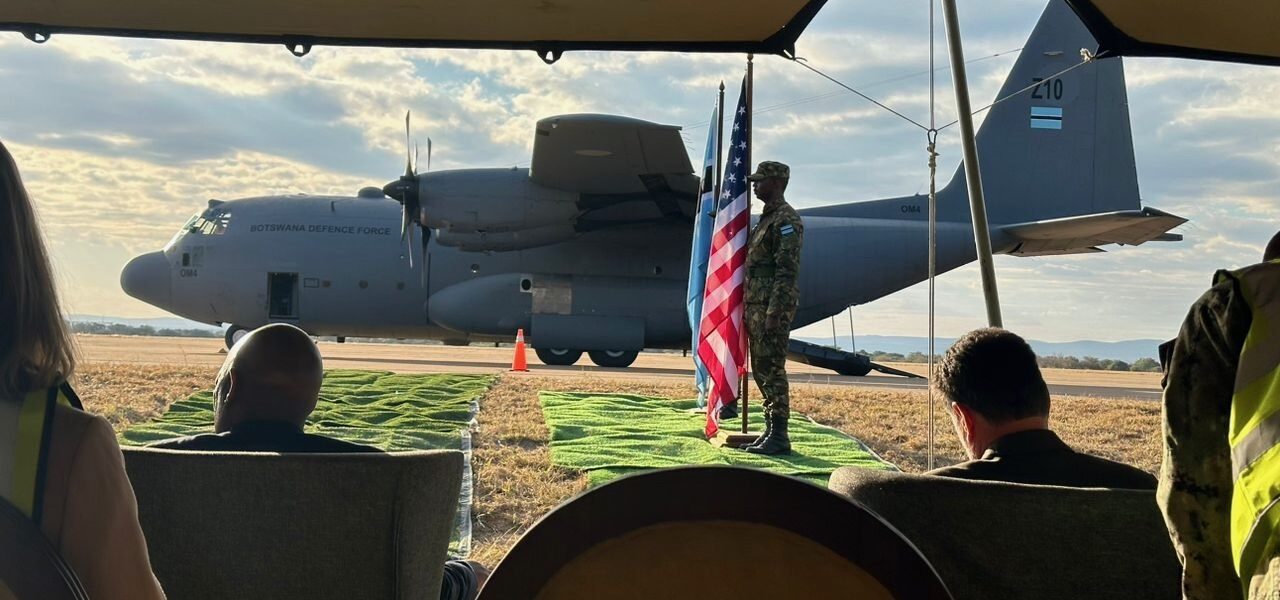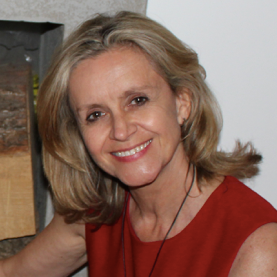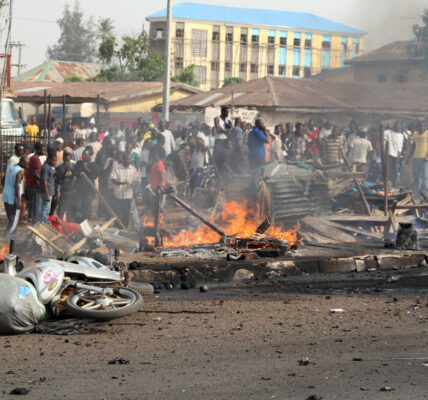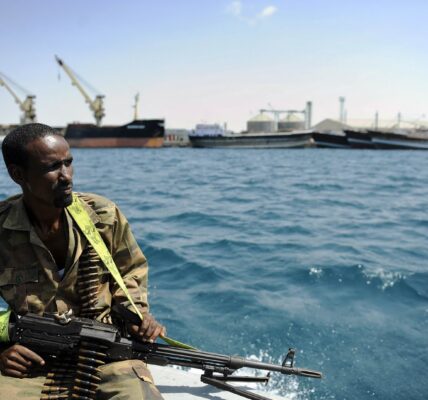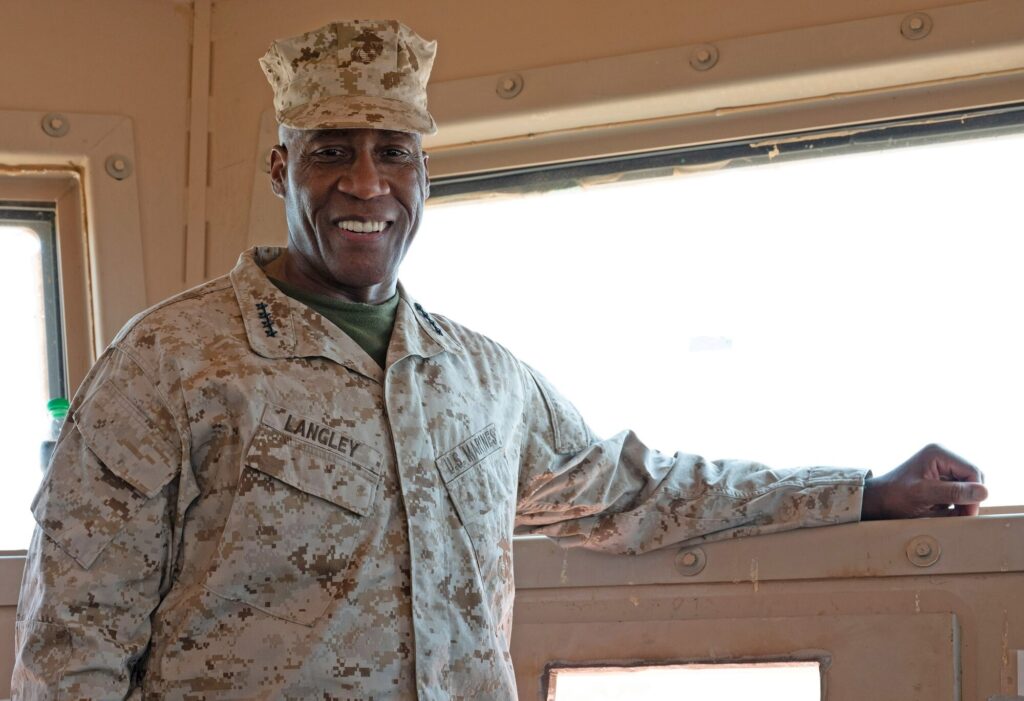
Africa leaders from every corner of the continent have voiced growing concern about the destabilising effects of Russian disinformation on their countries, said Gen. Michael Langley, commander of U.S. Africa Command, at an African Chiefs of Defence Conference in Botswana. The leaders emphasised the need to adapt their communication strategies to become more resilient against these campaigns by promoting truthful information to their communities.
Gen. Langley’s statement comes as the U.S. military stationed in Africa confronts setbacks, with governments in former key regional allies, Chad and Niger, embracing Russian forces. The military junta governing Burkina Faso ousted French forces last year and turned to Russia and Wagner for security support. Similarly, in Niger, Russian military trainers moved in shortly after U.S. troops were told to withdraw. Gen. Langley said Russian disinformation had helped end U.S. access to Niger.
Speaking to the media in Botswana, Gen. Langley noted that one of the challenges highlighted throughout the conference was: “Disinformation and disinformation campaigns and the influence those campaigns have from the Russian Federation on African countries.”
He added that extremist activity has increased across the region and is “at the cusp of affecting the West African coast.” Wagner has been very aggressive in trying to establish control in African countries. “This does not enhance security or stability for the populace,” he said.
Disinformation to manipulate Africans surges fourfold since 2022
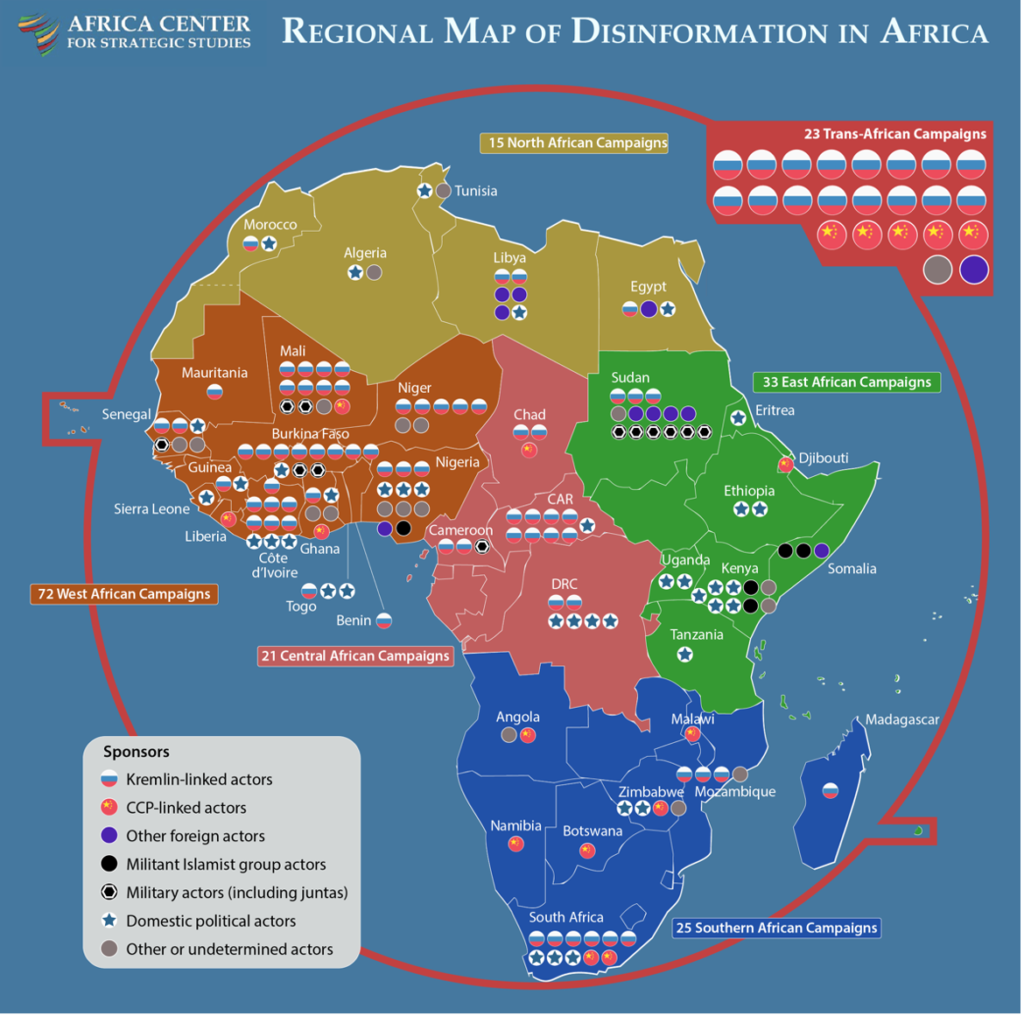
The Africa Centre for Strategic Studies has documented the proliferation of disinformation in Africa. They have tracked 189 disinformation campaigns in Africa and found that the campaigns nearly quadrupled until March this year from the number reported in 2022. Sophisticated disinformation attacks exploit the rapid expansion of digital communication on the continent.
In the past seven years, 300 million Africans have started using social media.
“There are now more than 400 million active social media users and 600 million internet users on the continent. Africans rely on social media platforms for consuming news at among the highest rates in the world. Social media users in Nigeria and Kenya are near the top globally in the number of hours per day spent on social platforms,” the study notes. These countries report the most concern about false and misleading information.
The Centre highlights a strong link between the scope of disinformation and instability. “Disinformation campaigns have directly driven deadly violence, promoted and validated military coups, cowed civil society members into silence, and served as smokescreens for corruption and exploitation,” the researchers say. The real-world consequences are diminishing Africans’ rights, freedoms, and security.
Russia, No.1 in disinformation, China No.2
Russia continues to be the main disseminator of disinformation, targeting over 22 countries and sponsoring 80 campaigns, which is 40 per cent of all disinformation drives on the continent, according to the Africa Centre.
“The campaigns have reached many millions of users through tens of thousands of coordinated fake pages and posts,” stated the report. The disinformation campaigns aim to undermine democracy in at least 19 countries and contribute to the continent’s democratic backsliding.

Africa is subject to 23 transnational disinformation campaigns, nearly all sponsored by external
state actors attempting to assert influence. The leading sponsors are China and Russia.
“These Africa-wide campaigns aim to advance geostrategic interests and shape narratives that undermine democratic processes, promote coups, stoke anti-Western and anti-UN sentiment, and spread confusion about climate change science, among other issues,” the report says.
Two prominent disinformation influencers connected to Russia have a social media following of over 28 million users. These campaigns use African influencers, digital avatars, and outdated videos and photographs.
“The Wagner Group”, the researchers state, “has been the Kremlin’s primary vehicle for engineering disinformation in Africa, with direct links to approximately half of all Russian-linked campaigns on the continent.”
China’s approach, the Africa Centre found, is more institutionalised. It heavily invests in “laundering official CCP narratives through ownership and control of ICT infrastructure, as well as through licensing and training agreements with African media.” These campaigns are part of a wider CCP effort to increase disinformation.
South Africa and Zimbabwe, most targeted countries in Africa
Six African countries have been targeted by China’s armies of bots, with the most documented campaigns directed at South Africa and Zimbabwe.
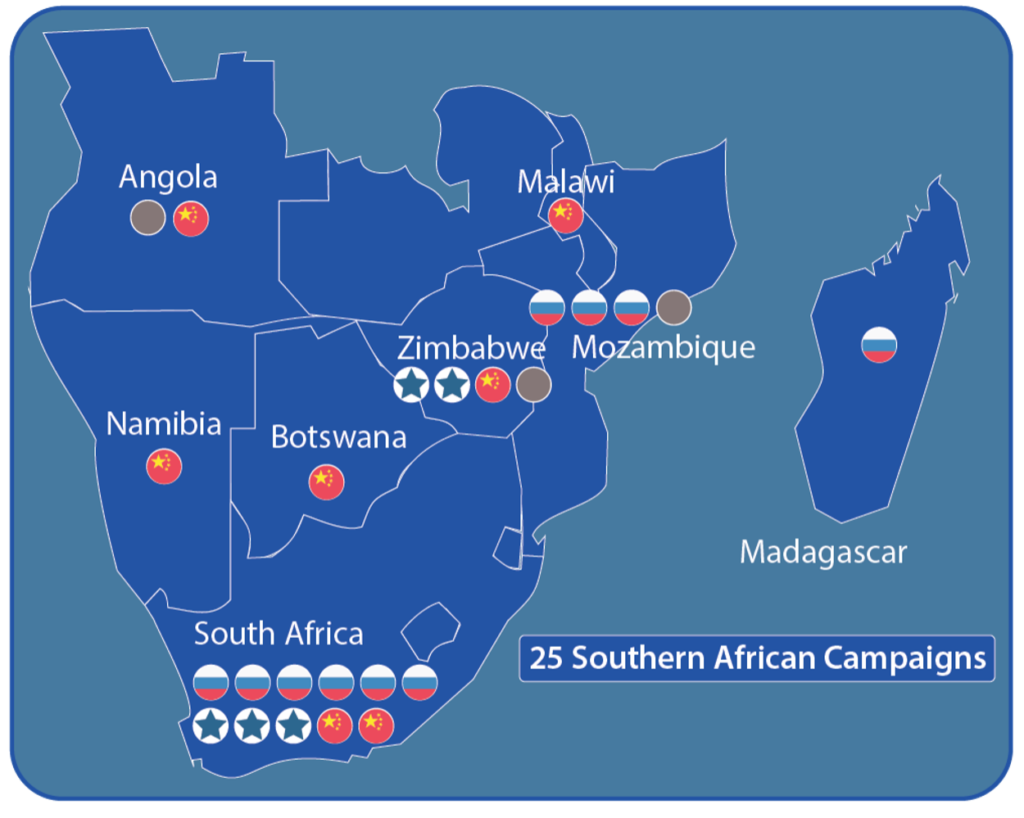
China has launched campaigns to support Zimbabwe’s Zanu-PF and suppress opposition voices, according to the Africa Centre. Chinese political and business propaganda were promoted while anti-Western narratives were pushed. “China has weaponised social media channels and traditional state-controlled media to disseminate and amplify false claims to support these campaigns,” the report stated.
In South Africa, Russia has been the “primary disinformation actor.” A report by Centre for Information Resilience (CIS) documented how former President Jacob Zuma’s daughter played a prominent role in the #StandwithRussia campaign launched shortly after the Russian invasion of Ukraine. CIS said: “The report reveals how a key account in the South African segment of the campaign belongs to Duduzile Sambudla-Zuma, who travelled to Russia around the time of the campaign.”
U.S. planning to double down on re-engagement with Africa

Gen. Langley emphasised the importance of the U.S. getting its narrative out and said the United States plans to “double down and re-engage with these countries.” Earlier, in an interview with the Associated Press, Gen. Langley indicated the U.S. would stick with its whole-of-government approach, stressing good governance and institution-building beyond military might.
With the withdrawal of French and U.S. troops from the Sahel region, the area has become less safe, he told the media at the Gaborone meeting. Extremist activity “has very much increased across the region and now is at the cusp of affecting coastal West Africa,” he said. Langley declined to say whether the United States plans to find a new location to replace the base in Niger.
Gen. Langley noted that concern about disinformation campaigns, particularly from Russia, is not only shared by AFRICOM or the U.S. Government but is a common assessment across the continent, from South Africa to North Africa, and from East to West. Representatives from every region spoke about the destabilising effects of these disinformation campaigns in their respective countries, he said.
Numerous reports indicate that the influence of such campaigns from the Russian Federation continues. The countries discussed the need to adapt their communication strategies across their domains to build resilience against misinformation and disinformation. Gen. Langley said they emphasised the importance of developing effective information campaigns to convey the truth to their civil societies and governments, thereby becoming more resistant to these illicit activities propagated by the Russian Federation.

